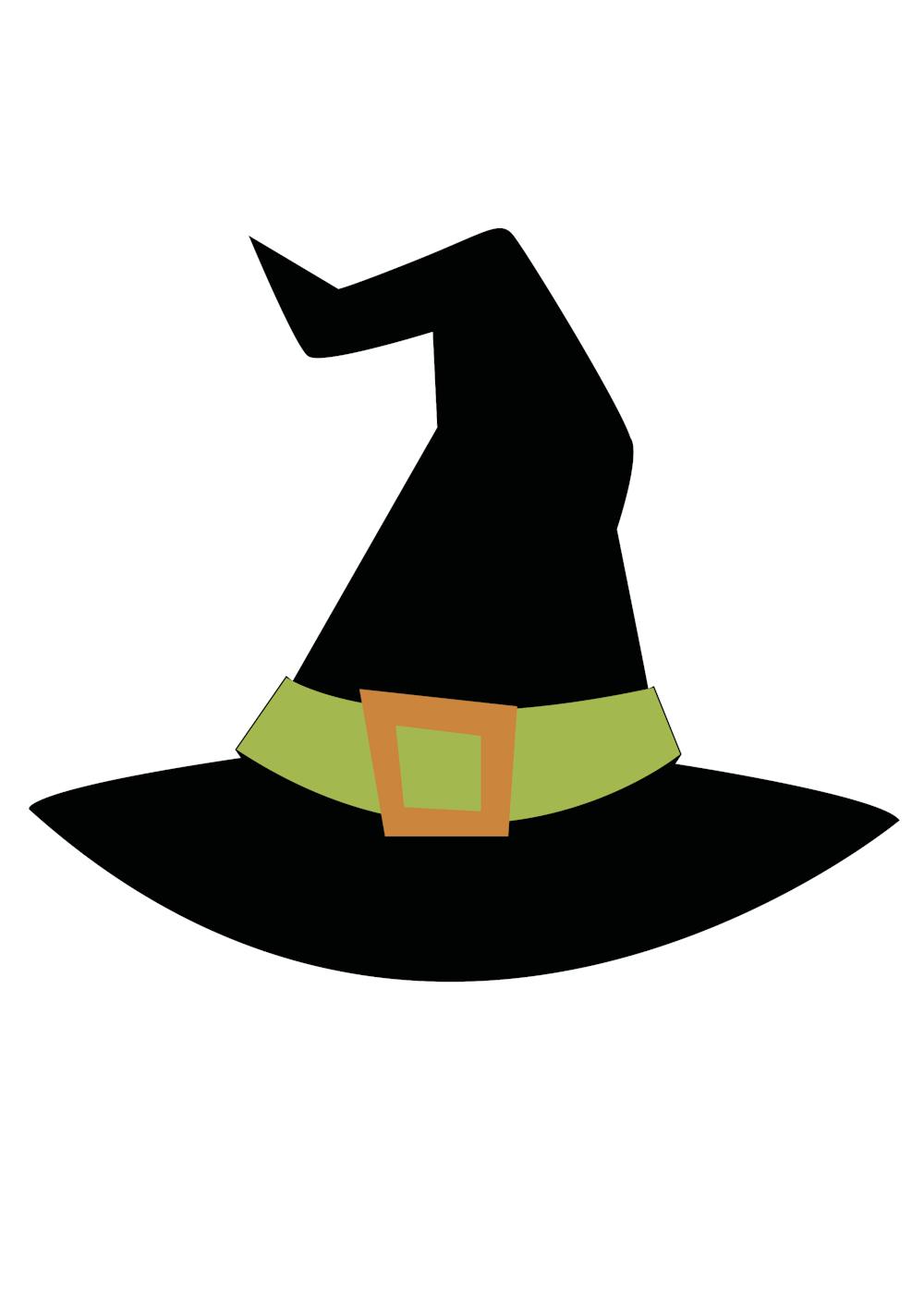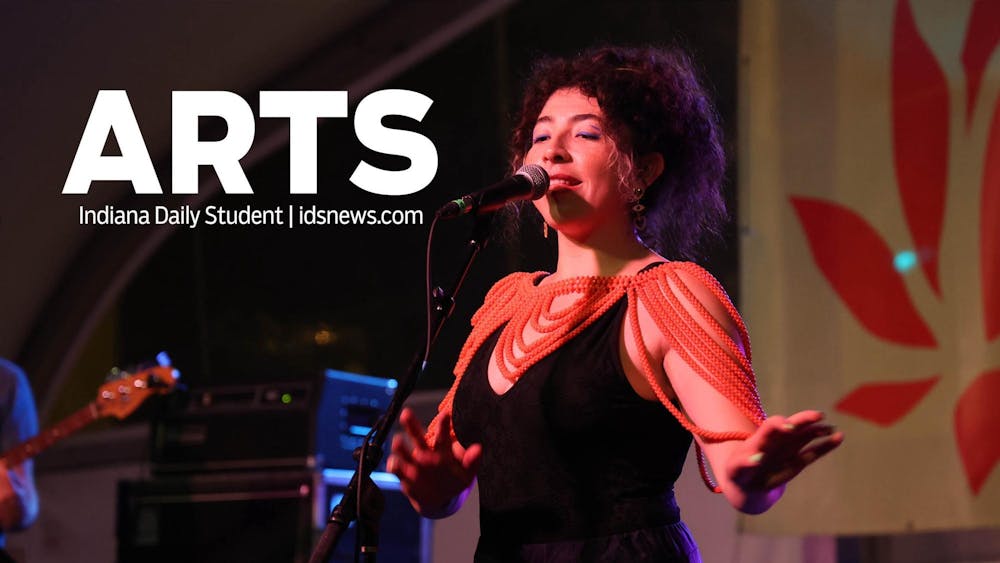Until just last week when I started reading Michael W. Twitty’s “The Cooking Gene: A Journey Through African American Culinary History in the Old South,” I had no idea what a culinary historian was or what it meant. After finishing his 400-plus-page nonfiction narrative, I can confidently say it’s a job that is fascinating and ever growing in importance.
Twitty's primary work is that of a historian. He has worked as a “historical interpreter” at plantations around the South where he dresses up as a slave and cooks traditional food using methods available to his ancestors hundreds of years ago.
Twitty wants to make people uncomfortable, and in result, start new conversations about America’s history of slavery by both recreating slave conditions for modern audiences and also through this book. Twitty doesn’t spare any of the harsh, inhumane details that were a reality for his ancestors during the time of slavery.
While I found some of it hard to read, it was hugely beneficial to learn about these stories from an author invested personally and professionally. Twitty frames most of the book from the perspective of his own family tree and the search for his origins in Africa.
As I was reading, I would sometimes get frustrated by the long tangents Twitty went on about tracing his genealogy back to a four-times great-grandfather or grandmother, but as the book progressed, I realized how crucial these discoveries were to the story.
This isn’t a book just about food, family or history, it’s about how those three elements come together to create African American cuisine.
Twitty travels around the old South recounting how different crops like tobacco, corn and cotton were at separate times instrumental to how slaves lived and cooked. He also dives deep into cuisines of African countries where many slaves originated from like Sierra Leone, Ghana, Nigeria and Senegal that formed the basis of what we know now as southern food.
Slaves of many cultures were mixed together in one household, so consequently a give and take of ingredients, methods and traditions started. It was fascinating to read how the sweet potato and rice, as just two examples, transformed through this forced migration.
A major topic Twitty addresses in “The Cooking Gene” and through his other platforms is how white southerners have appropriated the history of southern food, a topic that you can read about more thoroughly in his open letter to Paula Deen.
Black women and men were the brains and brawn behind food preparation in times of slavery, but white women were credited with the cookbooks that recorded the recipes. This tradition continues today and one of Twitty’s goals is to reclaim not only the credit for this cuisine but the meaningful history behind it. Southern cuisine is African American cuisine, and it can’t be separated from the tragic history that accompanies it.
There’s so much to say about this extremely dense, rich book, so all I can recommend is to go out and read it. In a time where history is contested and swept under the rug, “The Cooking Gene” exists to educate any American on our racial and culinary history. After reading this book, I’m more convinced than ever that food is truly the gateway to a culture.






